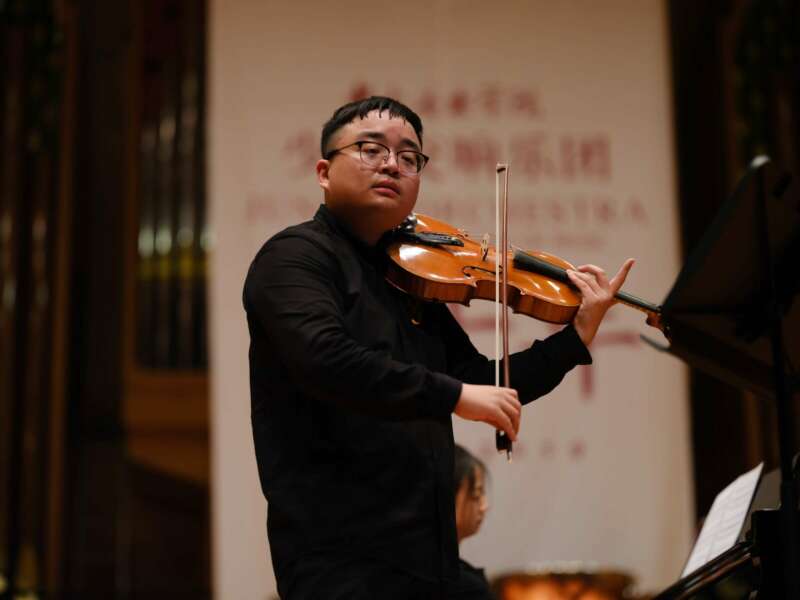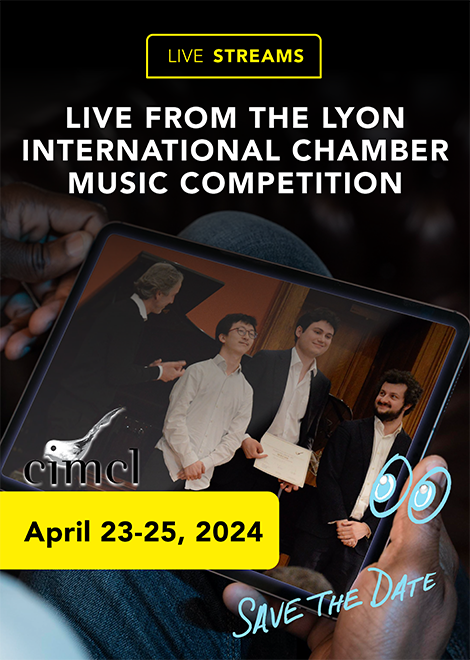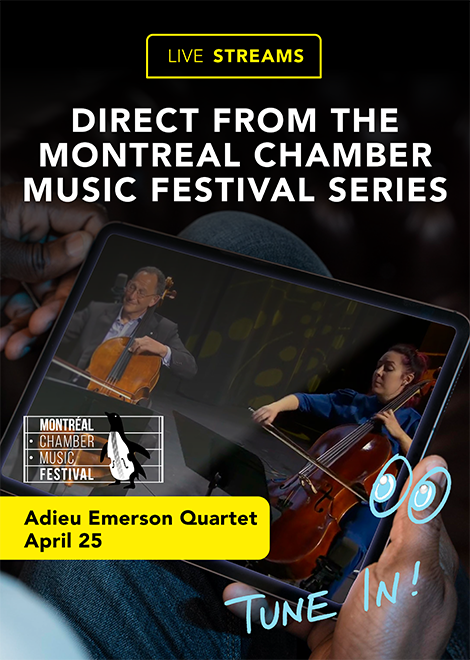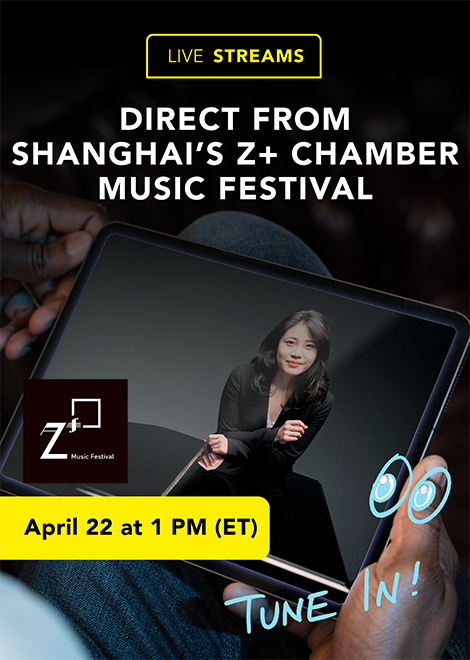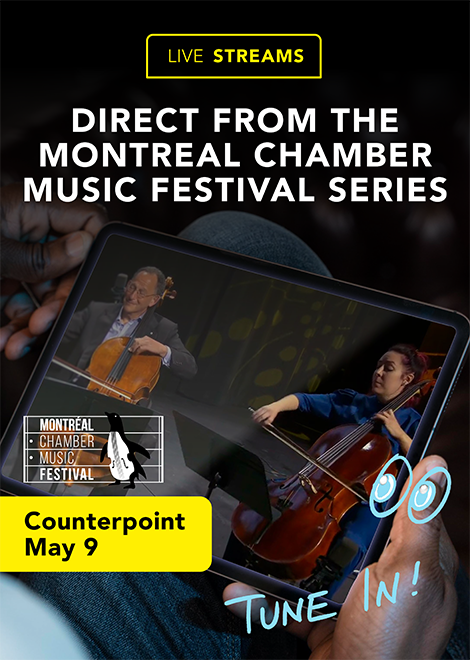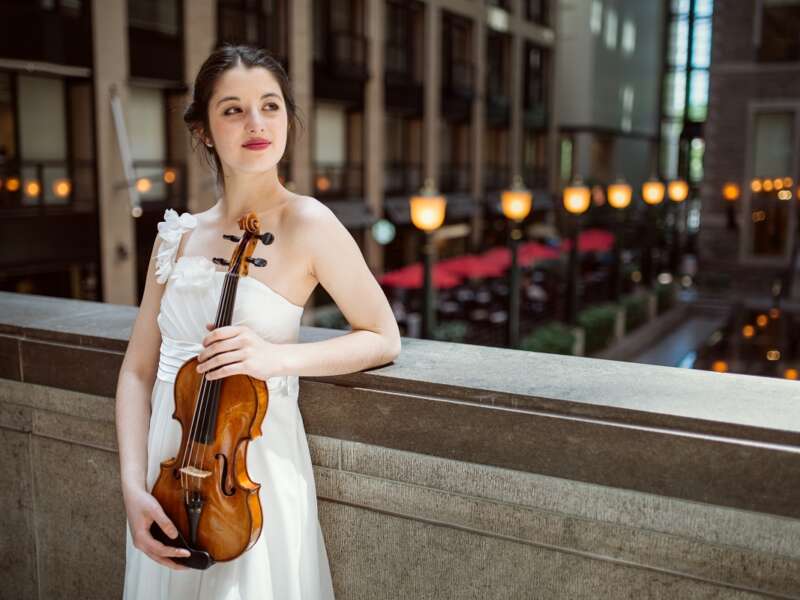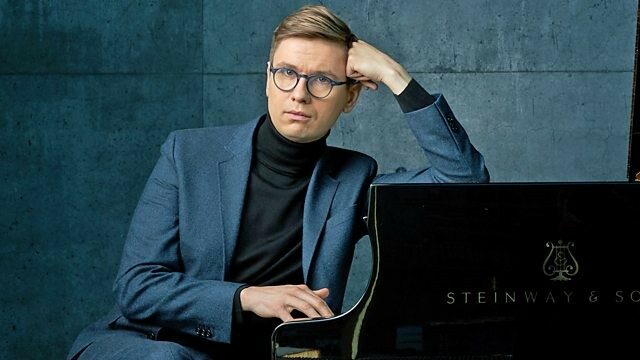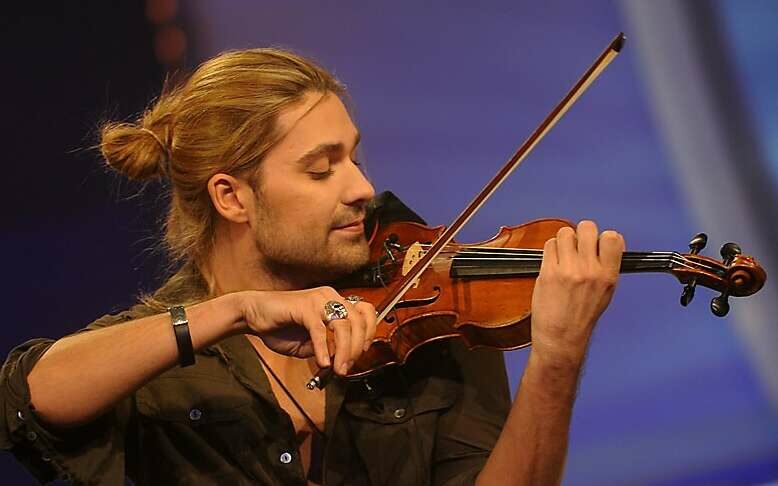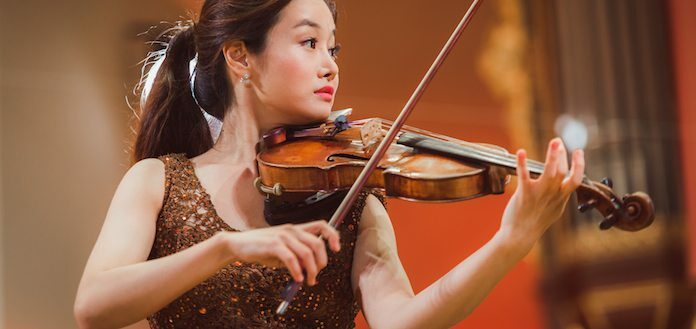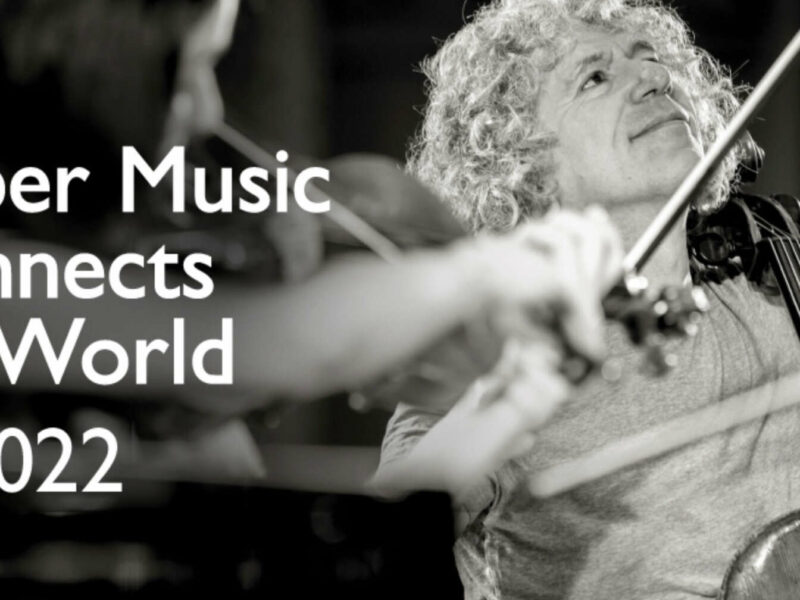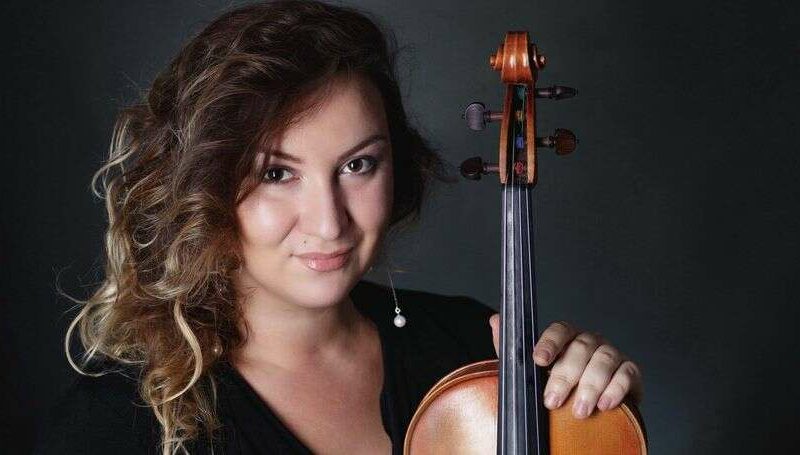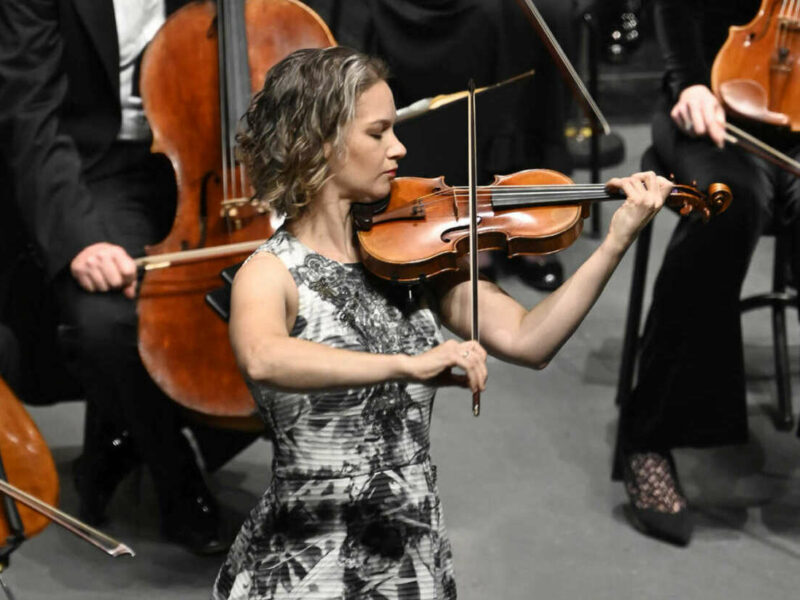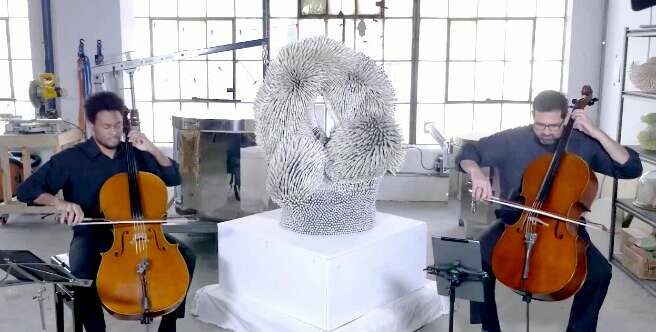Classical Music News
ON THIS DAY | Composer Pyotr Ilyich Tchaikovsky Died On This Day in 1893
1 MIN READ
He died just 9 days after the premiere of his Sixth "Pathétique" Symphony
Pyotr Ilyich Tchaikovsky died on this day in 1893 from cholera, aged just 53.
The first Russian composer whose music made a lasting impression internationally, Tchaikovsky's signature works include some of the most popular theatrical music in the classical repertoire.
VC YOUNG ARTIST WILLIAM HAGEN | TCHAIKOVSKY VIOLIN CONCERTO | MARIN ALSOP & NATIONAL ORCHESTRA OF BELGIUM | 2015 QUEEN ELISABETH INTERNATIONAL VIOLIN COMPETITION
april 2024
may 2024







